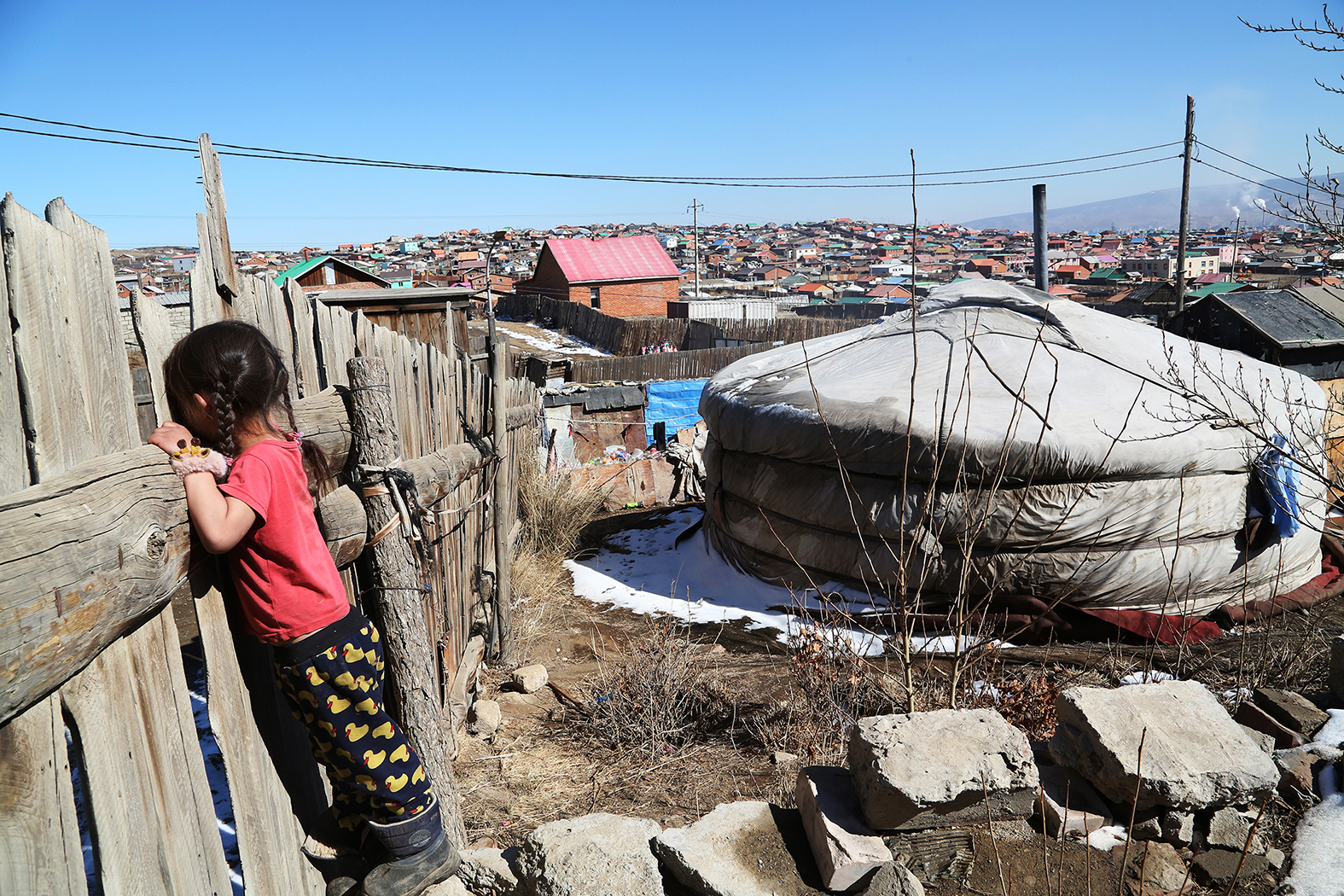
Photo by S.Bat/2021.03.31
Five young children are running around making the dust fly in the yard. The door is slightly open and through the creak of the ger door, their mother T.Od (name changed at the request of the source) is visible breastfeeding her one-year-old child. Originally from Murun soum of Khuvsgul Province, she is now 27 years old. Since the age of six, she has been herding animals and has lived there until she turned 21. Telling her “Following in the footsteps of herding will keep your belly full. It is better to have livestock than to waste time on school”, her family did not let her attend school. For this reason, she has left her parents in their homeland, and went to the city to work and better her livelihood, and perhaps to be stylish as her peers.
Of course, in the cluttered and crowded capital, life was not as easy as she had imagined. The city greeted T.Od, who never learned to write her name, with foreign and Mongolian billboards and signs in every direction she saw. She remarked how it felt like she was in a different country at the time. As where there’s a will there’s a way, she finally got employed in a manual labor position at a pastry stand. Everything seemed difficult for the woman who has difficulty counting let alone being illiterate. At the end of the month when she got her salary, she would ask someone to sign her name in her stead. She did not stay at the job for long as she was wed, and has borne three children so far.
As for her husband, R, he too did not attend school and does not know how to read or write. The husband’s mother, D, is aged 65, and coming from herding is not literate either. “Not long after I started school, my mother would bring me back home on a camel. Since then, I have not attended school.” remarked the old lady. Having spent her youth at the side of livestock, she now lives in a ger neighboring her two children in the Songinokhairkhan District.
Od’s husband R is a construction worker and earns 500,000 MNT a month, which is the main source of livelihood for six people. She openly stated how at the moment, the 100,000 MNT provided by the government per each child amid the pandemic is supporting their livelihood. This is a simple representation of the almost 900,000 households in Mongolia.
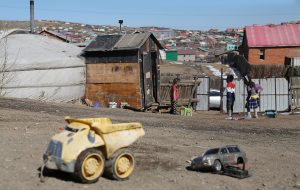
The yard of Sukhbaatar District resident T.Od /2021.03.31/ by S.Bat
Compared to the other LEDCs, 98.4 percent of Mongolia is literate. Like Od, there are 45 thousand unlettered people who have dropped out of school for various reasons and have not been able to get an education. It is worrisome to think about how many of their children are also being raised in such a manner.
The Songinokhairkhan District where Od has 32.5 thousand people as of 2020. According to the Population and Housing Census, 1.4 percent of the population, or 3,888 people are unlettered. This means that the number of unlettered people in the district has increased by 540 in the last 10 years. It is not difficult to predict how their next generation will grow up. The fact that many generations drop out at primary education to herd livestock is creating a whole class of people without jobs, income, education, and civic courage to express themselves.
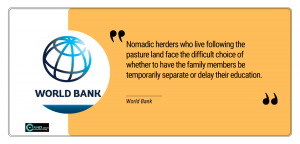
When asked about how their children are being taught, Od said “Our eldest daughter is entering first grade in the upcoming fall. Our three-year-old son will continue at pre-K. I am disappointed that the teacher-student relationship has been severed since Covid-19. As for our daughter, she did not attend kindergarten, the preparatory class. Since the quarantine was imposed in kindergarten and schools. The teacher has contacted someone else’s phone once. The assignment given was to memorize a poem. I couldn’t read the poem out to her seeing as I am unlettered. My sister-in-law is the only one out of us who graduated college, and have helped my daughter memorize the poem”. When asked whether she has the desire to learn to read and write, whether she tried to memorize the 35 letters of the Cyrillic alphabet on her own, and if she has a Facebook account, she responded “There was no one that could teach me. I think the district committee should have it be a necessity to educate its unlettered citizens. As for Facebook, I had one made by asking my sister-in-law, but I don’t know how to use it completely.”
The ‘held back twice’ generation’s agony
On the last day of March when the snow was melting and spring had sprung, many thoughts crossed my mind as I left Od’s dwelling. After Covid-19, what are we to do with our children who are lagging? Is it right to change the curriculum, methods, and system? Should the children repeat the school year or move forward?. With these thoughts on my mind, I went to Tsetseg’s ger (name changed at the request of the source), the next family in Songinokhairkhan District.
Tsetseg is 33 years old and has three children aged 6-11. Currently, she is pregnant with her fourth child which would entitle her to the Odon maternity award. When we arrived, the household head was away at work. Due to the Covid-19 pandemic, her husband has stayed at home unemployed for over a year. Since quarantine has ended, her husband has begun working as a carpenter for a company. Their youngest son is six years old and is to begin primary school in the upcoming autumn. The middle son will start third grade, and the endest is to begin seventh grade.
“I don’t have a specific profession because I did not attend school. I was a herder at Tuv Province’s Gurvanbulag soum. I have eight siblings and am the fifth child. My father’s younger sibling did not have any children, and so I was sent to Altanbulag when I was five years old to herd. Since then, I have become the only child of the family and was raised freely in the countryside. I have never considered learning, reading, or going to school. The parents who raised me were not concerned with this either. The year I turned 18, I moved to Ulaanbaatar to work. The job criteria are high. After searching for a job like a needle in a haystack, I finally got a job at the Unkhruush pastry factory. I worked there for three years. During this time, I met my husband and we have become a family.”
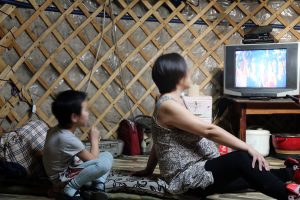
In the home of Sukhbaatar District … khoroo resident G.Tsetseg/2021.03.31/ By S.Bat
When asked about her opinions on the academic delay of her children starting school in the fall, she stated that she said that up until now, her husband has taken care of everything that needs to be done externally, so she has not given learning much thought. When receiving the child’s monthly payment from the government, her husband signs it in her stead. Tsetseg said “By saying all this, I am not saying that there is no need to learn or get educated in life. My four children will become educated and literate people. During his free time, my husband helps the children learn. Still, one wonders what is to happen after Covid-19. My eldest son is entering seventh grade. He did not fully learn his fifth and sixth-grade lessons. Though the classes are being taught on the television channels, perhaps because he is a boy, he does not pay attention to it. Let alone reading, I cannot identify the letters even, so I can’t say “Do your homework, or I will teach it to you”.
She continued “There are many families in the ger district where their livelihoods are becoming more difficult without jobs or income. Amongst these families, there are ones that don’t even have a TV. Children from families without TVs or smartphones can’t keep running to other people’s homes to learn their television lessons. Therefore, to not ruin the future of a whole generation, they should probably be held back by the grades.”
As Tsetseg mentioned, and as Od faced, the sector ministry stated that there are over 178 thousand students who can’t be included in the ‘tele classes’ because they don’t have televisions, smartphones, and further lack infrastructure. About a third of them are in Ulaanbaatar.
Tsetseg has rarely even touched books, paper, pen, or pencil as she started living in the countryside from an early age. Her dream was to be a hairdresser. The khoroo constantly invited the inhabitants for hairdressing, cooking, and beauty parlor training. However, due to her difficulties due to reading and writing, she had turned many opportunities down. The little girl’s dream of becoming a hairdresser could have come true. When asked why she refused, she said it was because they ask about literacy.
The pandemic has caused 70-80 percent of the school year to be disrupted for two years in a row. Students living in the ger districts, in particular, need more support from their parents to study at home and make up for the lessons they missed after Covid-19. Unfortunately, the illiteracy of the two housewives we visited show the challenges that the education sector will face after the pandemic will not be easy to overcome. In every corner of Mongolia, there are families with parents, siblings, grandparents, and grandchildren who are unlettered and have no one around to teach them. The days of quarantine are going by for them while they don’t know how to receive the online and television classes. There is no guarantee that Od and Tsetseg’s educational backwardness will affect their three pre-school-aged children.
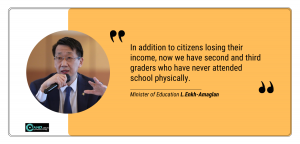
There is a real risk that the force of Covid-19 will shatter the fragile foundation of our education sector, one which has been already plagued by illiteracy and a lack of equal access. To state another statistic, 10,628 people lack a certain degree of education, and over half of them are women. This means that many generations are growing up behind these people, ones who are lagging in education, cannot afford e-learning, have no parents or guardians involved in the children’s learning, and ones who are ready to have their children drop out of school because they do not understand the significance of education.
It has been exactly 16 months since the first case of Covid-19 was reported in Mongolia. This is when the quarantine was imposed and physical classes stopped. During this time, students received a total of 35 weeks of lessons through a screen and not in a classroom. Unfortunately, screen-based learning solutions are not widely available to students in remote districts, soums, and regional communities. Moreover, parental involvement and assistance are extremely low for these people, which is an important issue in Mongolia today. The deputy minister of the sector stated that the enrollment and attendance of the students were really good. In reality, however, the picture is quite different when you look at two different households in the same district.
At the regional level, the availability of telecourses is very poor. School 6 of Selenge Province, for instance, is far from the center and has low enrollment due to the poor living conditions of the children. The school has 52 students, and about 30 percent of them are lagging on their education according to training manager G.Bayarmaa. Most of the students who are behind are children who herd livestock and live in poverty. From this school, 115 children do not have TVs or have many school-aged siblings so the channels and lesson times overlap, and there are children with disabilities whose needs have not been met by the system.
Another big obstacle in the tele-classes being successful is that the provinces are not fully connected to the Internet and the speed is slow. In terms of the quality of the lesson content, and the teaching methods, that’s another issue. “In terms of the tele-lessons, the teaching methods are really good, and the best teachers can integrate the lessons, but still it is not like a physical class. It delivers only 60 percent of its content. Only 1-2 percent of the students are studying at a reasonable level. In general, only responsible and capable children can learn the content of the tele-lessons.” said G.Bayarmaa.
The post-Covid-19 educational system, the current education system in general, and the myriad of other issues such as systems, programs, and training are emerging.
There is an urgent need to ensure equal quality of education for students in remote soums, bags, districts, and especially those from low-income families. Studies on their home learning environment need to be conducted, and the literacy of their parents should be monitored. In doing so, we can correct the problem of access to education, by correctly identifying the reasons for the educational delay of the students.
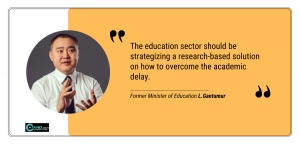
Although the effects of the global pandemic are seen on all the sectors of society and the economy, education is one of the few sectors that it has been the hardest on. Of course, there are concerns regarding a post-Covid-19 world on how the students are going to be caught up, how the content, quality, and access to education is to change, whether to face the music and just advance the students to the next grade, and whether the teleclasses and e-learning were effective or not. In particular, the policy-making ministries, academics, and decision-makers, who determine Mongolia’s future development, should take the lead in overcoming the shortcomings of the education system during Covid-19.
The purpose of this article is to show how the effects of the virus are on the most vulnerable part of the population who have been left behind due to their lack of education. The most basic goal of sustainable development is that no child or citizen should be left out of education. The focus is on human development and education around the world. We should not lag on the development of the education sector. This is one of the main ambitions of the MEDCs.
Education ministers have all developed their teaching methods and programs with repetitive sayings of “We need a global education program.” They have reports of how much hard work, resources, and budget went into such programs. It all goes to show as the Covid-19 pandemic completely scrutinized Mongolia’s education sector for two whole years. However, today, we are faced with challenges such as lack of technology, poor teaching methods, inexperience in distance education, and poor student-teacher relationships. Mongolia’s education system, which has seen 17 ministers over the past 20 years, is sure to be tested positively in ignorance. In the name of modern policy, the sector has been ‘claimed’ by the generations of ministers and the leaders who only see it through a money lens.

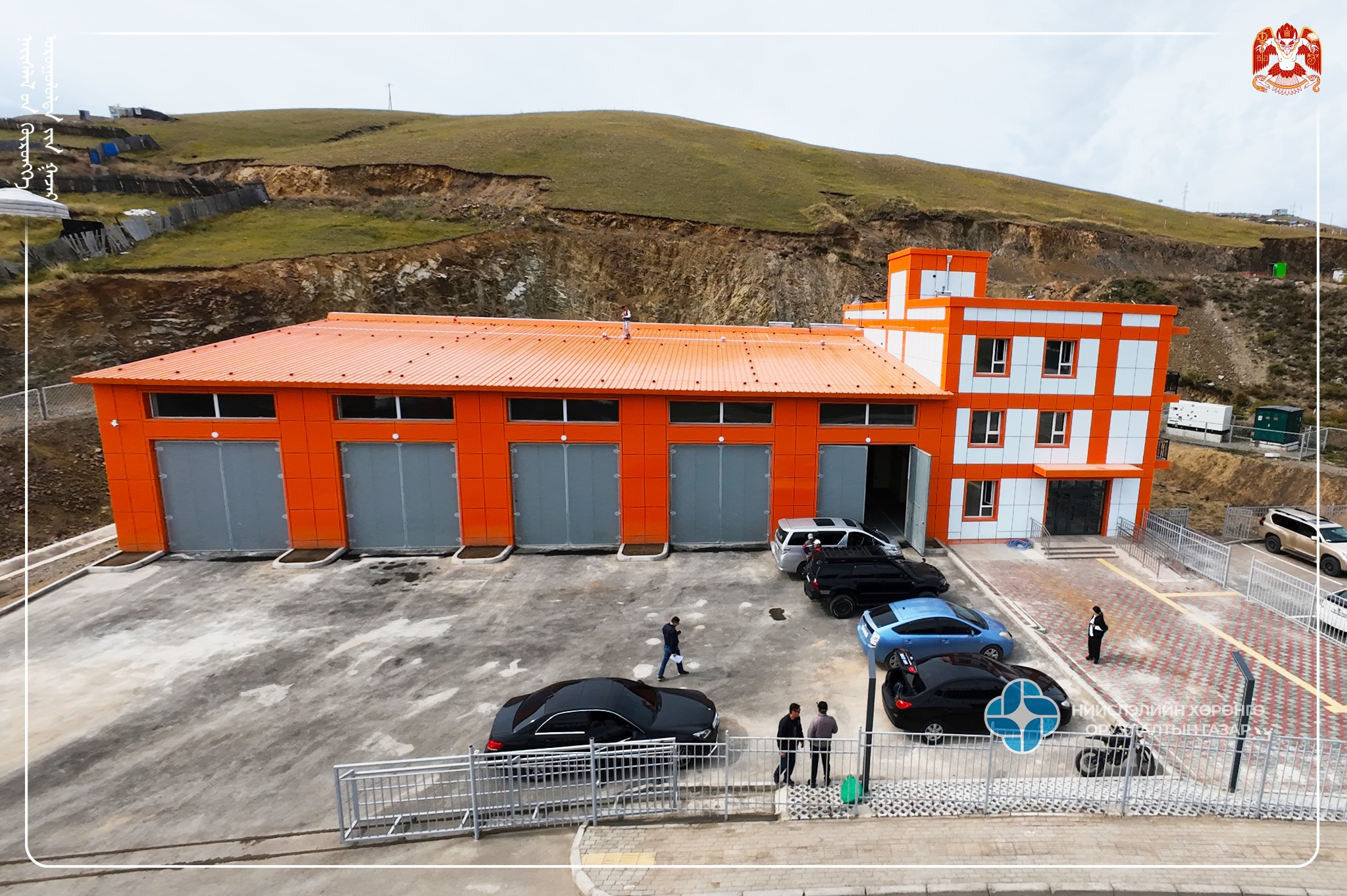





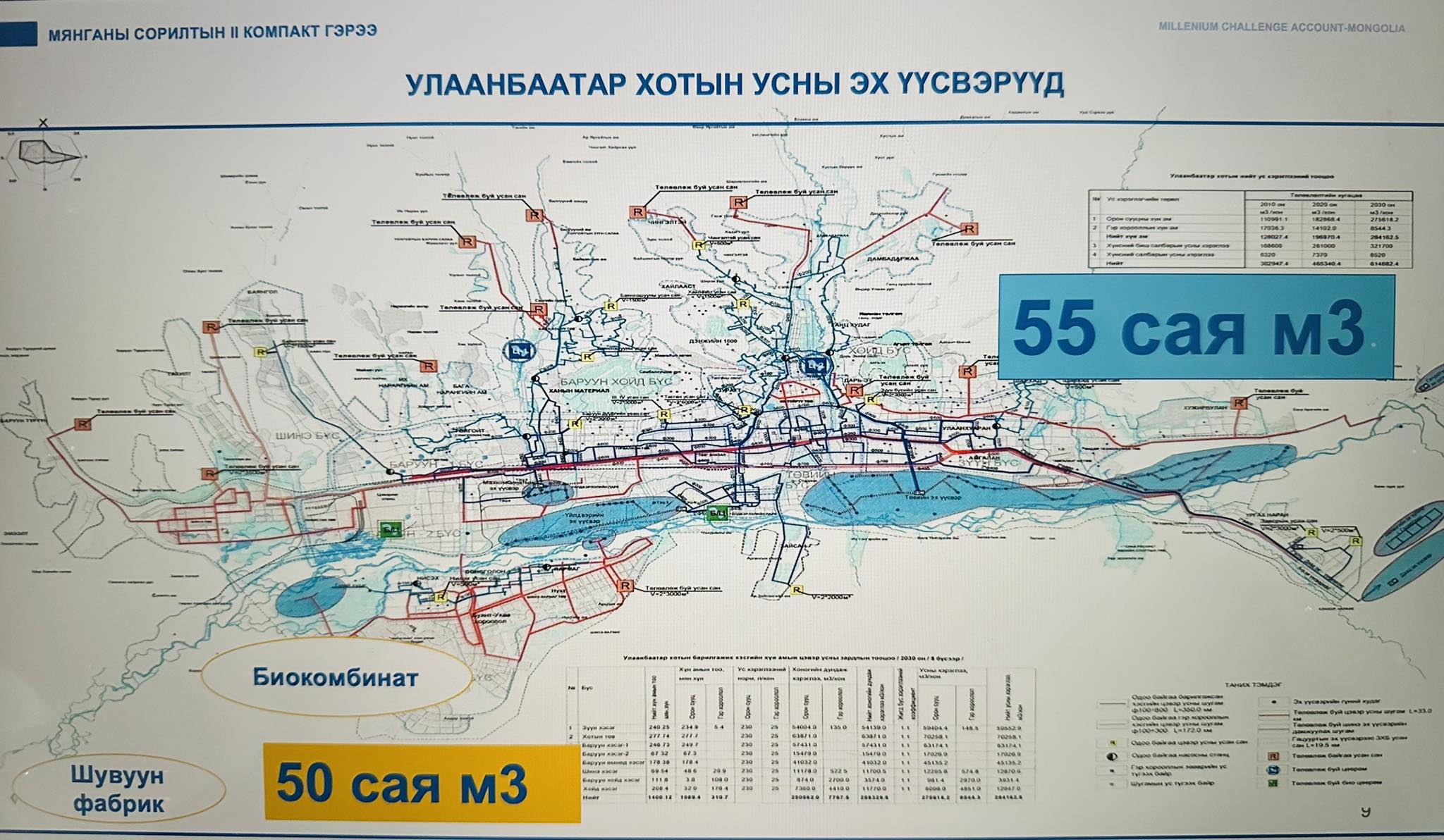
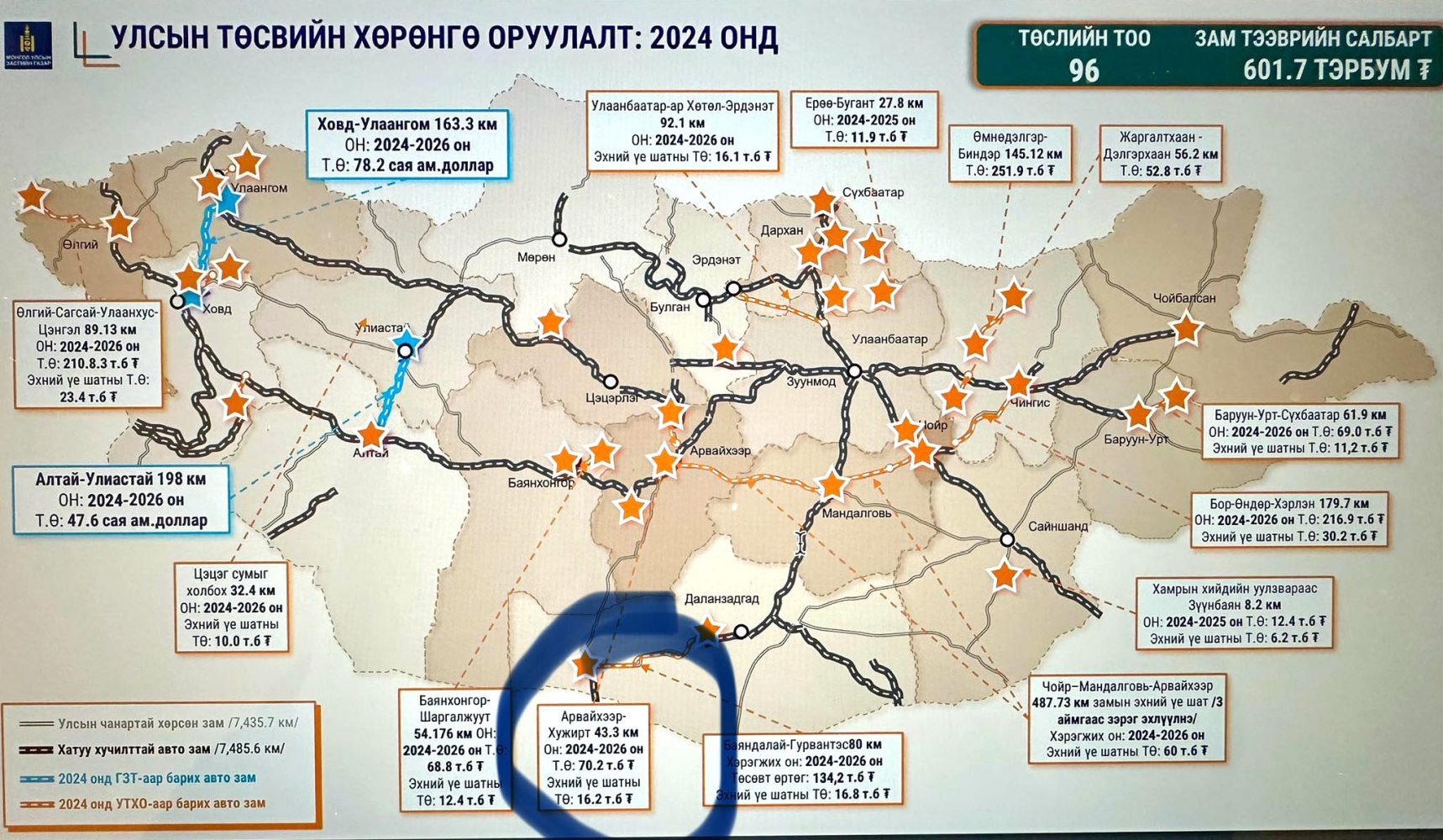
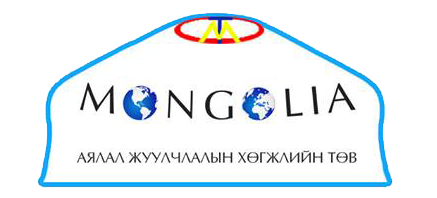


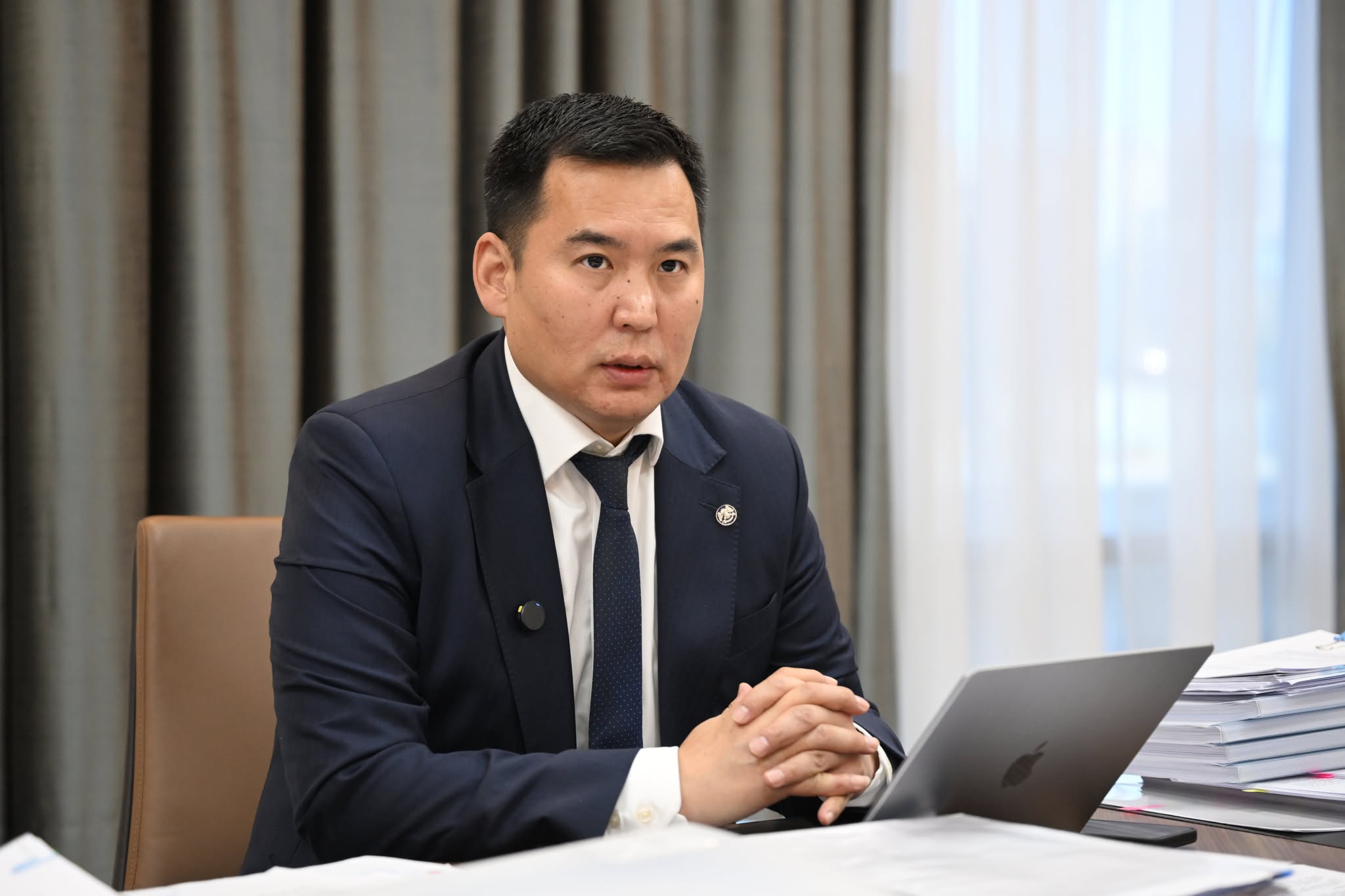


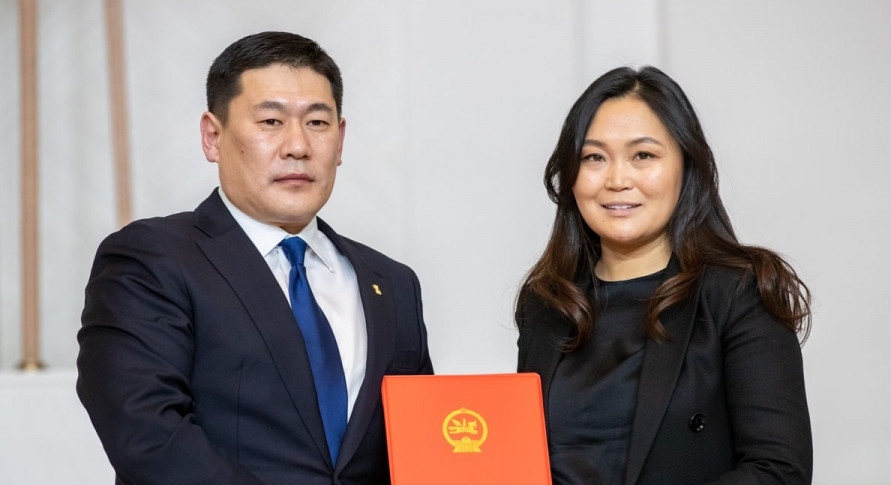
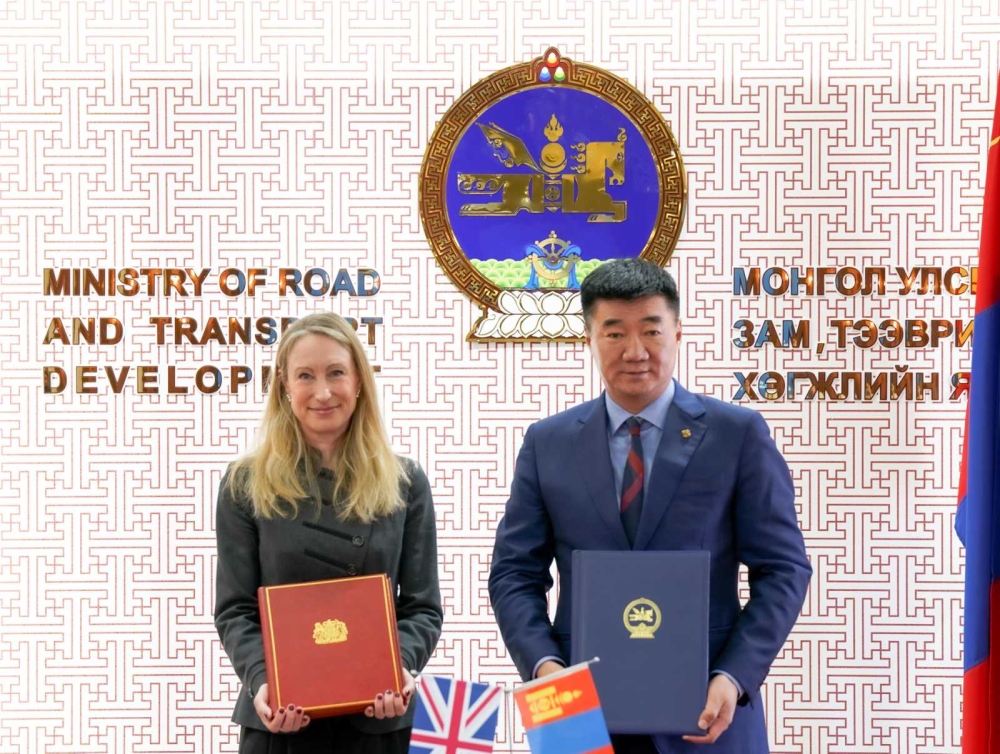
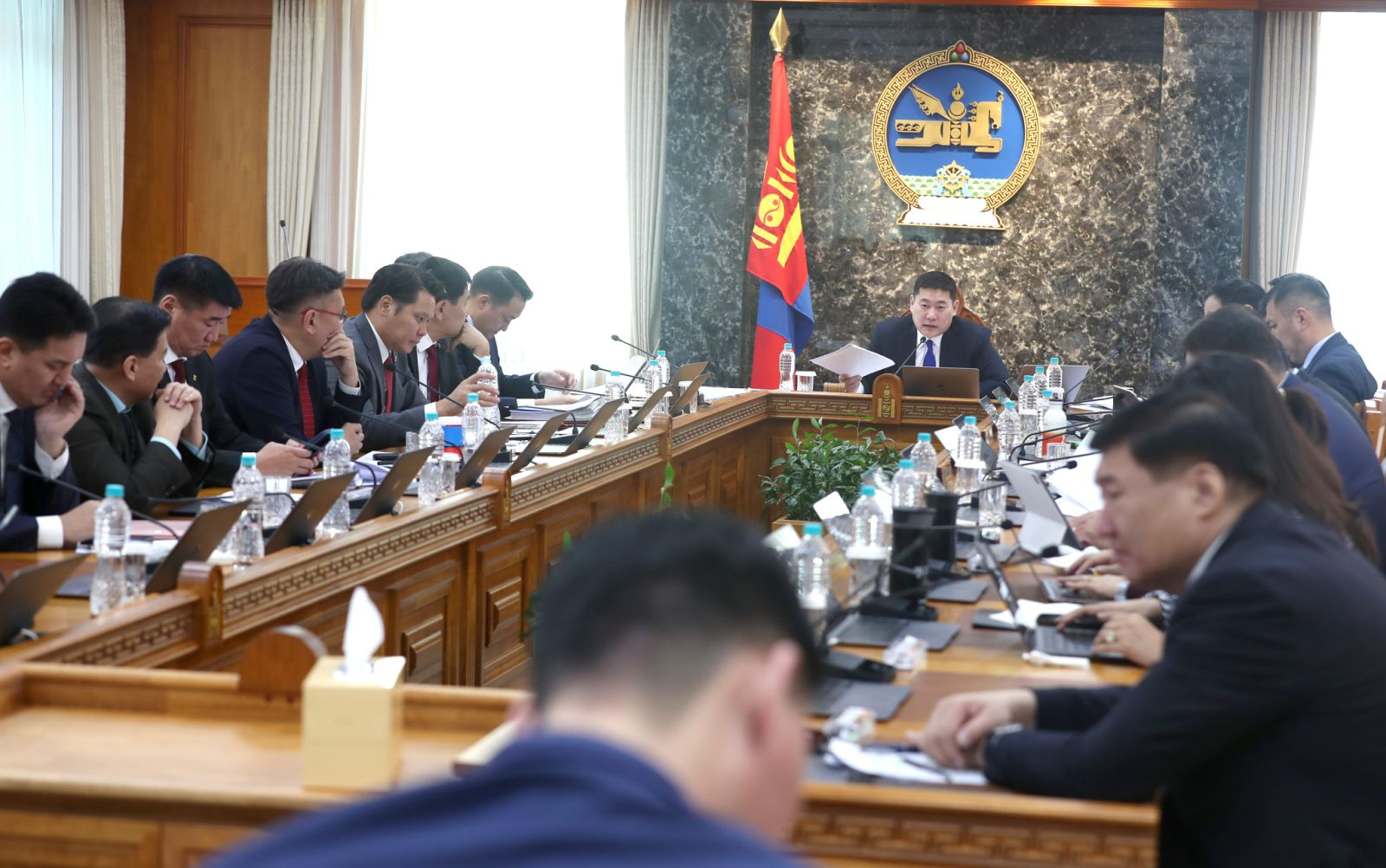

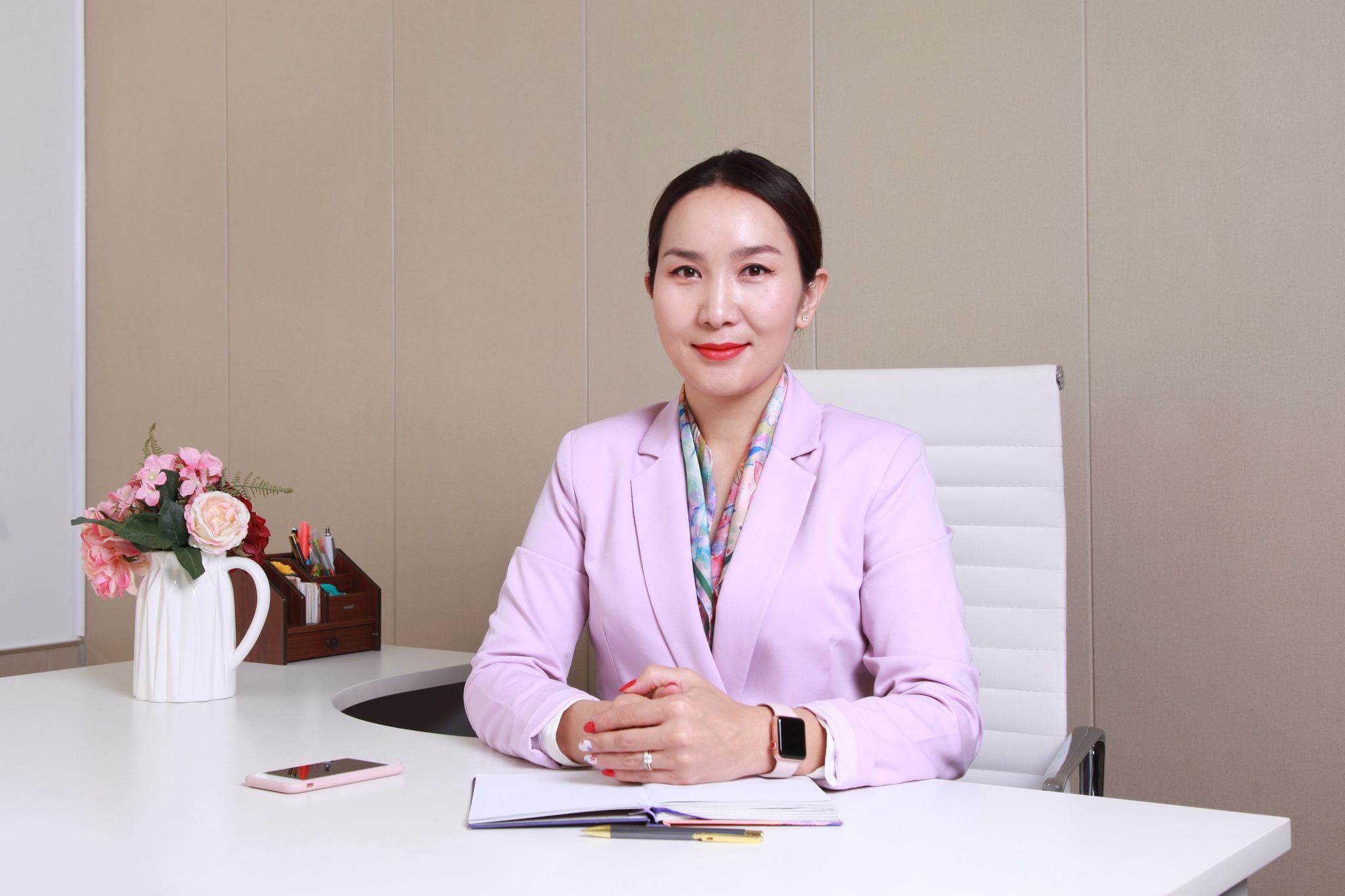
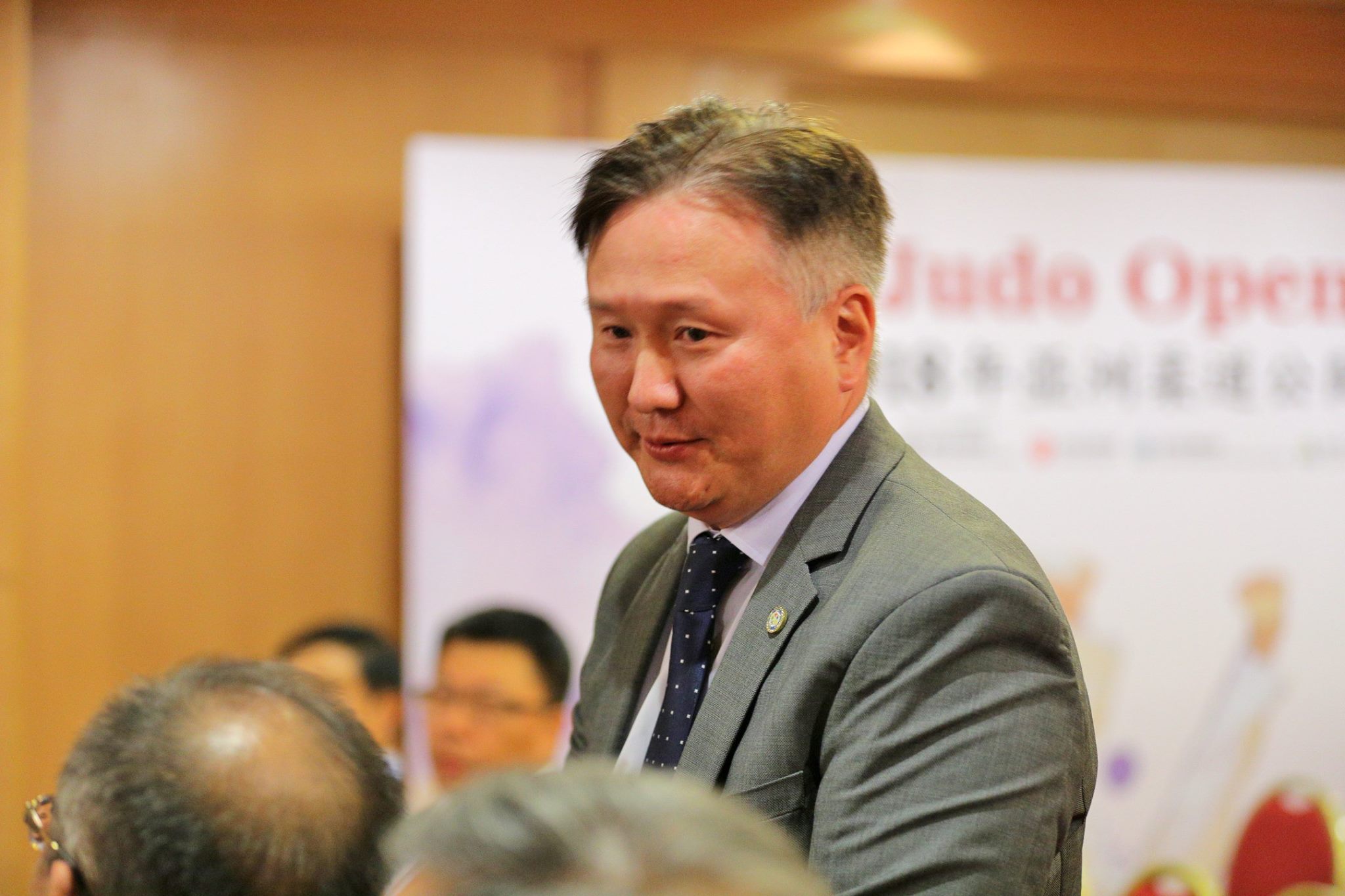

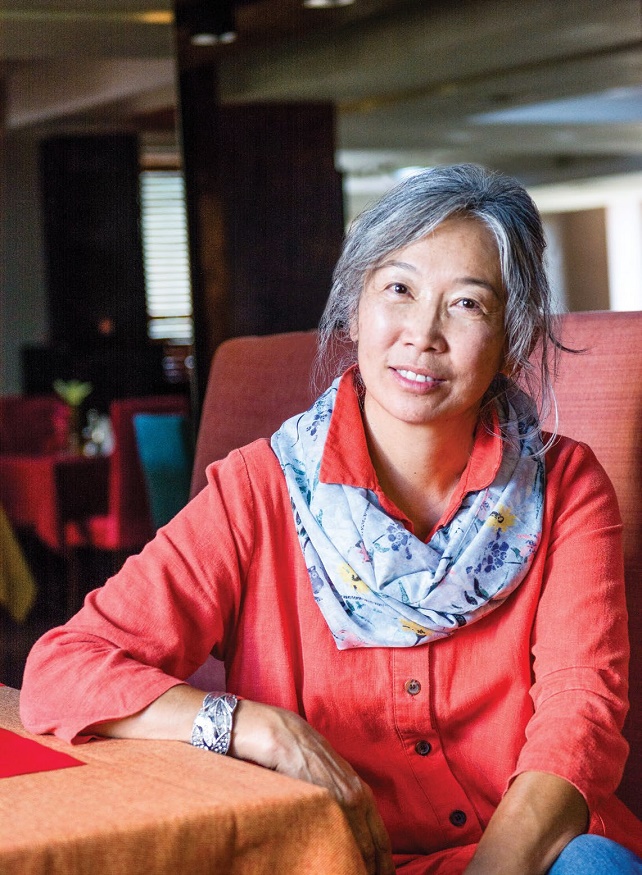

5 cэтгэгдэлтэй
I am an investor of gate io, I have consulted a lot of information, I hope to upgrade my investment strategy with a new model. Your article creation ideas have given me a lot of inspiration, but I still have some doubts. I wonder if you can help me? Thanks.
Your article helped me a lot, is there any more related content? Thanks! https://accounts.binance.com/zh-TC/register-person?ref=GJY4VW8W
Thank you for your sharing. I am worried that I lack creative ideas. It is your article that makes me full of hope. Thank you. But, I have a question, can you help me?
Thanks for sharing. I read many of your blog posts, cool, your blog is very good.
Thank you for your sharing. I am worried that I lack creative ideas. It is your article that makes me full of hope. Thank you. But, I have a question, can you help me?